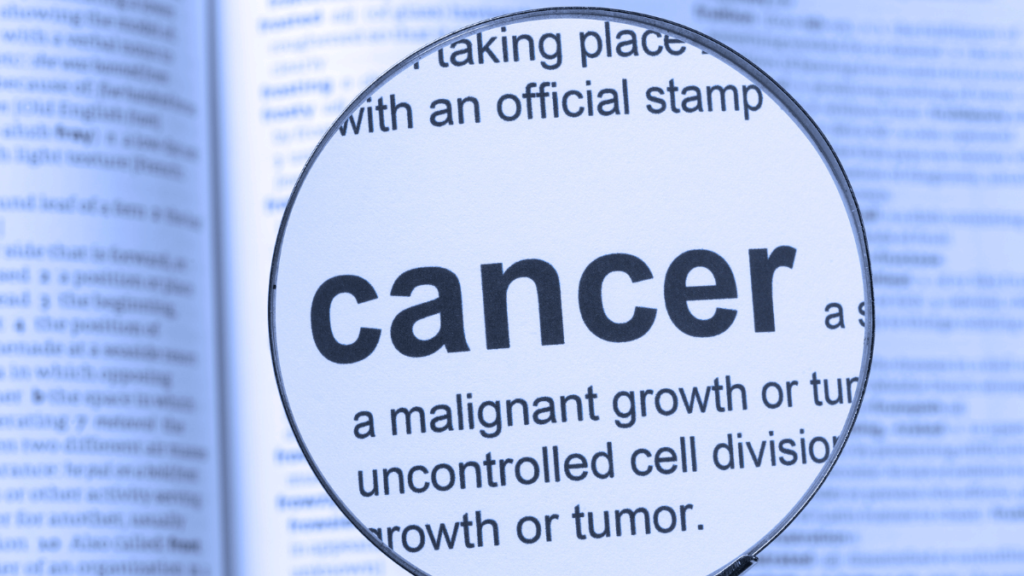India’s health landscape is grappling with alarming trends in non-communicable diseases (NCDs), with cancer cases surging across the country. According to a recent report released by Apollo Hospitals for World Health Day 2024, India has been dubbed the “cancer capital of the world,” reflecting the nation’s grim reality. The report paints a troubling picture of the prevalence of chronic conditions such as cancer, diabetes, heart disease, and mental health disorders, which are reaching critical levels and significantly impacting public health.
The statistics are sobering: one-third of Indians are pre-diabetic, two-thirds are pre-hypertensive, and one in ten suffers from depression. These figures underscore the urgent need for comprehensive strategies to address the growing burden of NCDs and their associated risk factors. Among these, cancer stands out as a particularly concerning issue, with incidence rates exceeding global averages and diagnoses occurring at younger ages.
The root causes of India’s cancer epidemic are multifaceted and complex. Lifestyle factors, environmental pollutants, and socioeconomic disparities all contribute to the nation’s high cancer burden. Rampant tobacco use, both smoking and smokeless forms, significantly elevates the risk of various cancers, including lung, oral, and throat cancers. Additionally, air pollution from vehicles and industries exposes millions of people to carcinogenic substances, further increasing cancer risk.
Unhealthy dietary habits and sedentary lifestyles are also significant contributors to India’s cancer crisis. The shift towards processed foods and declining physical activity levels has led to rising obesity rates, which are linked to several types of cancer, including breast, colorectal, and endometrial cancers. However, despite the prevalence of these risk factors, awareness of cancer symptoms remains low, and widespread screening programs are lacking, leading to missed opportunities for early detection and intervention.
Addressing India’s cancer epidemic requires a multi-faceted approach involving various stakeholders, including government agencies, healthcare providers, non-governmental organizations (NGOs), researchers, and the community. Efforts to curb tobacco use through stricter regulations, public education campaigns, and tobacco control policies are essential steps in reducing cancer risk. Promoting healthy lifestyles, including balanced diets and regular exercise, can also play a crucial role in prevention efforts.
Investing in healthcare infrastructure, particularly in underserved areas, is paramount for improving cancer detection and treatment outcomes. This includes expanding access to cancer specialists, diagnostic facilities, treatment centers, and affordable medications. Furthermore, research and innovation in cancer prevention, diagnosis, and treatment are vital for advancing the fight against cancer in India.
India’s status with cancer presents a concerning and escalating public health challenge, as reflected in recent reports and data. The nation’s landscape is witnessing a sharp rise in cancer cases, earning it the dubious title of the “cancer capital of the world.
” This designation underscores the severity of the situation and highlights the urgency of addressing this growing epidemic. Cancer prevalence in India has surpassed global rates, indicating a pressing need for comprehensive strategies to mitigate its impact on public health and well-being.
The statistics paint a stark picture of the gravity of the situation. With one in three Indians classified as pre-diabetic and two in three as pre-hypertensive, coupled with a significant proportion grappling with depression, the burden of non-communicable diseases (NCDs) is reaching critical levels across the country.
Among these NCDs, cancer stands out as a particularly formidable challenge, with incidence rates surging and diagnoses occurring at alarmingly younger ages. These trends highlight the urgent need for concerted action to address the underlying factors driving the cancer crisis in India.
One of the key factors contributing to India’s high cancer burden is the prevalence of modifiable risk factors, including tobacco use, sedentary lifestyles, and unhealthy dietary habits. Rampant tobacco consumption, in both smoking and smokeless forms, significantly elevates the risk of various cancers, including lung, oral, and throat cancers.
Additionally, environmental factors such as air pollution further exacerbate cancer risk, exposing millions of individuals to carcinogenic substances on a daily basis. These factors, compounded by limited awareness of cancer symptoms and inadequate screening programs, contribute to delayed diagnoses and poorer treatment outcomes.
In conclusion, India‘s battle against cancer is a complex and challenging one, but with concerted efforts and collective action, progress can be made. By addressing the root causes of the disease, investing in healthcare infrastructure and research, and empowering communities with knowledge and resources, India can work towards a future with a lower cancer burden and a healthier population.
